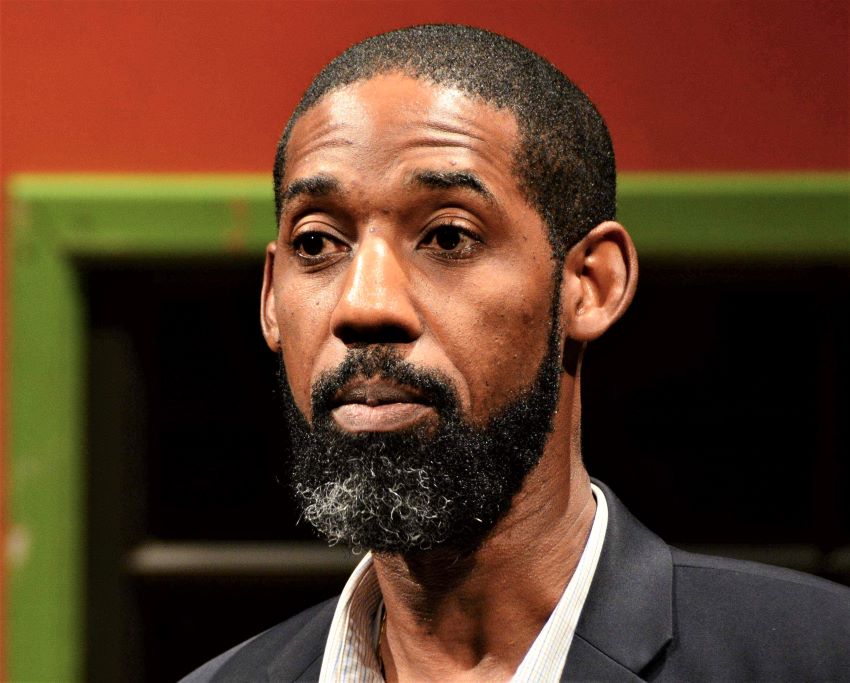Barbadians have been through a lot over the past 10 to 15 years, and they deserve to feel their sacrifices were worth it.
A Prime Minister died in office, an economic crisis brought the country to the brink of collapse, the island lost its prized investment-grade status and fell to junk bond realm.
Added to the mix of travails was a deadly, once-in-a-century global pandemic that decimated the tourism sector, killed hundreds of Barbadians and sickened thousands, while causing innumerable social challenges from which the country is still recovering three years after the fact.
The voting public sent a very strong message of dissatisfaction with the last administration; many stayed at home and those who went to the polls registered their support for a complete change.
On two consecutive occasions, they provided the current administration with a clean sweep and a decisive mandate to rule.
While the Opposition seeks to regroup, it is recognised that internal disputes and wrangling still plague the political institution. On the other hand, there are signs of cautious optimism from the captains of industry that there is reason to hope that the economy is going in the right direction.
Though the political party leaders will throw their barbs and propagate a message that meets their purposes, ordinary Barbadians desire not fancy words but evidence that their lives are improving and that their future will be better than their past.
Tuesday’s debate in the House of Assembly presented a picture from which two sides have painted contrasting images of where the country stands.
The government is entering an arrangement with a consortium of three Canadian-owned, locally operated commercial banks to borrow $600 million. The amount is massive and by the admission of Minister of State in the Ministry of Finance, Ryan Straughn, it is the biggest local loan agreement any government has entered.
What is also unique about the deal, is that the more than half-billion dollars which will be repaid at a rate of 3.25 per cent over 20 years will pay off other loans for which the government is paying rates of between four and eight per cent.
In addition, the administration says the loan “will not add to the debt” and the $300 million in interest savings will be used to build a tertiary-level sewage system on the island’s South Coast and undertake much work at the Barbados Water Authority (BWA).
However, Opposition Leader Ralph Thorne has warned that a $600 million loan is still a loan that the country’s young people will be repaying up to the year 2044.
Contending that the loan “increases the national indebtedness”, he queried: “Are debt-swap arrangements pursued by countries that are experiencing difficulties in paying their debts?”
In support of the government’s position, Straughn assured that this was not the case. In fact, he charged it was the “fiscal indiscipline” of the former Democratic Labour Party administration that required debt restructuring by the Mottley government and the need to fix the sewage spilling in the streets, buy buses and garbage trucks and pull the economy from certain economic peril.
In the middle of this verbal battle is the general public who must try to figure out on which side they will place their bets.
What is evident from the $600 million loan and the posture of some members of the local banking community is that confidence is returning, even if it is guarded.
CIBC, which is structuring the loan, will finance $360 million, RBC will provide $140 million, and Scotiabank will put $100 million. Of the three institutions, CIBC has been the most aggressive in its show of confidence, having purchased $100 million in government’s BOSS Bonds in April 2023.
At a time when the local investing community was reticent about buying government paper after the 2018/2019 debt restructuring and an unprecedented sovereign debt default, CIBC stepped up and demonstrated its confidence in the government’s fiscal strategy and the results it was producing.
Over the coming months and years, it will be for individual Barbadians and households to decide whether the positive effects of which the commercial banking sector is confident, have reached the man and woman in the street.
It will be for the masses to signal to the administration that they too are convinced that life is better for them.
The post Confidence of big banks must reach the masses too appeared first on Barbados Today.


